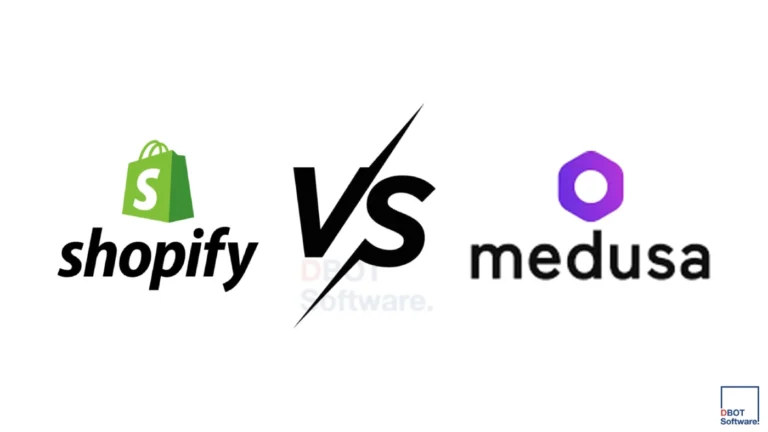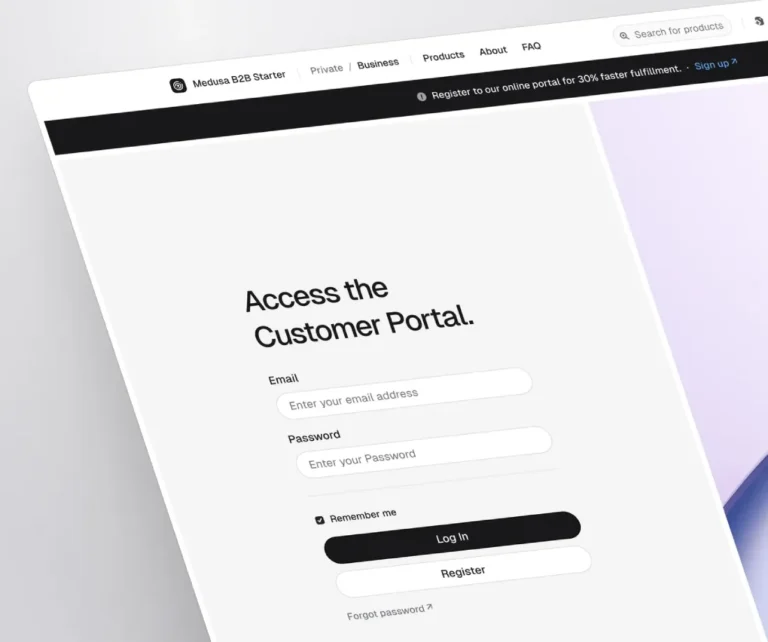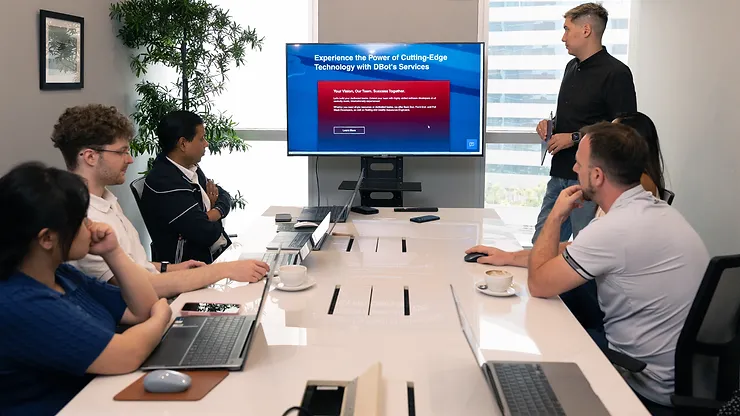The battle between ChatGPT Search and Google has reached new heights in 2025, with OpenAI’s platform now serving 300 million weekly users. While Google maintains its dominance with 93% market share, ChatGPT’s recent shift to free access and GPT-4o updates has transformed how we find information online. Instead of endless links, ChatGPT delivers direct, context-aware answers, challenging Google’s traditional search model. This revolutionary approach to information retrieval marks a turning point in the search engine landscape.
Market Position at a Glance
| Metric | ChatGPT Search | |
|---|---|---|
| Weekly Active Users | 300 million | 5.9 billion |
| Market Share | ~7% | 93% |
| Core Technology | GPT-4o language model | Gemini 2.5 + Ironwood TPU |
| Primary Advantage | Conversational, context-aware responses | Comprehensive web indexing |
| Pricing Model | Basic features free, premium tiers available | Ad-supported, free access |
| Infrastructure Investment | Undisclosed | $75 billion (2025) |
The Core Engine Technology Behind Each Platform
The fundamental architecture of ChatGPT Search relies on GPT-4o language model technology, combining deep learning and natural language processing to generate contextual responses. This system processes user queries through multiple neural networks trained on vast datasets.
Google’s proprietary algorithms focus on real-time web crawling and indexing, powered by a sophisticated ranking system that evaluates billions of web pages. Their technology emphasizes speed and accuracy in delivering search results through PageRank and other specialized algorithms.
While both platforms use AI, their approaches differ significantly. ChatGPT Search maintains context across conversations, offering detailed explanations in a conversational format. Google prioritizes quick access to diverse information sources, presenting results as organized lists with integrated multimedia content.
How GPT-4o Powers ChatGPT’s Search Capabilities
- Real-time web access enables ChatGPT to provide current information like stock prices and breaking news updates
- Multi-language processing allows seamless translation and understanding of content across 50+ languages for global users
- Visual analysis feature lets users upload images or screenshots for instant information extraction and context understanding
- Advanced voice mode processes natural speech in 320 milliseconds, matching human conversation response time
- Built-in memory system retains previous search context to deliver more relevant follow-up answers
- Free access to basic GPT-4o search features makes advanced AI search available to all users
Google’s Advanced AI Algorithm Infrastructure
Google’s massive $75 billion investment in 2025 strengthens its Ironwood TPU infrastructure, delivering 3,600 times better performance than previous generations. This computational powerhouse enables the new Gemini 2.5 models to pause and reason through complex queries before responding.
The company’s global network spans 200+ countries with over 2 million miles of fiber optic cables, ensuring near-zero latency for billions of users. Their multimodal AI processing now seamlessly combines text, images, code, and audio inputs to provide more nuanced search results.
Through advanced cooling technologies and energy-efficient data centers, Google has achieved a 29-fold improvement in energy efficiency while scaling up its AI operations. These technological breakthroughs allow for deeper research analysis and more accurate response generation across diverse query types.
Processing Methods and Response Generation
The query handling approach between platforms reveals distinct philosophies:
ChatGPT’s Method:
- Natural language query processing
- Contextual understanding and memory application
- Multi-step verification system
- Factual accuracy checks and source validation
- Response formulation in conversational format
Google’s Method:
- Query breakdown into component parts
- Parallel processing of query components
- Neural network evaluation of billions of data points
- Ranking by relevance and authority
- Compilation of diverse result types (links, snippets, AI summaries)
Both platforms now feature contextual learning capabilities that remember previous interactions within a session. For example, when a user asks about “the best camera under $1000” followed by “what about its low-light performance,” the systems understand the reference and provide targeted information about the specific model discussed.
User Interface and Search Experience Review
The visual presentation of both platforms reveals stark contrasts in 2025:
ChatGPT’s Interface:
- Clean, distraction-free design
- Flowing dialogue format
- Absence of sponsored content
- Natural follow-up question refinement
- Single, comprehensive answer focus
Google’s Interface:
- Familiar layout with enhanced features
- Dual-display approach
- Traditional link listings alongside AI summaries
- Quick-scan results with detailed overviews
- Integration of multimedia content
Innovation Spotlight: Key Breakthroughs in 2025
- ChatGPT’s Neural Compression Technology: Reduces response generation time by 78% while improving accuracy
- Google’s Quantum-Enhanced Search: Limited implementation of quantum computing principles for specialized searches
- ChatGPT’s Ethical Hallucination Detection: Advanced system that flags potential inaccuracies in real-time
- Google’s Dynamic Knowledge Graph: Self-updating information network with 87 billion interconnected entities
Future Implications for Users and Businesses
For Users:
- Search is evolving from information retrieval to knowledge assistance
- Personalization will intensify, with privacy concerns following
- Digital literacy requirements shifting from finding information to evaluating AI-generated responses
- Hybrid search behaviors emerging as users leverage both platforms for different needs
For Businesses:
- SEO strategies must now optimize for both traditional and AI-powered search
- Content creation increasingly focused on providing comprehensive, factual information
- Customer service integration with search platforms becoming essential
- New advertising models emerging beyond the traditional keyword-based approach
Frequently Asked Questions
While ChatGPT Search provides conversational answers without ads, Google Search still dominates with 373 times more searches and better real-time information as of May 2025. ChatGPT excels at complex queries and detailed explanations, but Google remains unmatched for quick facts, local searches, and current events. The choice depends on your specific needs rather than one being universally better.
While Google displays multiple links with a familiar web interface, ChatGPT Search presents information in a cleaner, dialogue-based format. Google shows targeted ads alongside results but offers broader coverage across billions of web pages. ChatGPT synthesizes data into direct responses with source citations, making complex research tasks more streamlined. Each platform serves distinct search patterns: Google for rapid web navigation and ChatGPT for in-depth information analysis.
Google faces challenges with limited context understanding in complex queries and shows a cluttered web interface filled with ads. ChatGPT struggles with real-time information accuracy, lacks direct access to new content, and requires fact-checking against authoritative sources. Its knowledge cutoff date restricts access to recent updates, while Google’s massive database sometimes makes finding specific information overwhelming for users seeking precise answers.
Google employs end-to-end encryption for user data but collects extensive information for personalized search results and advertising. ChatGPT offers stronger privacy features through its Enterprise plan, which includes advanced data protection and dedicated security protocols. Both platforms comply with major privacy regulations, though Google provides more user control over data sharing and storage options through its privacy dashboard.
While ChatGPT transforms how people find information, market data from 2025 indicates it’s unlikely to fully replace Google Search. Instead, both platforms are evolving toward a hybrid future where AI chatbots and traditional search engines complement each other. Users increasingly switch between ChatGPT for detailed analysis and Google for quick updates, creating a diverse search ecosystem rather than a winner-takes-all scenario.
Conclusion: The Evolving Search Paradigm
The competition between ChatGPT Search and Google represents more than a battle for market share—it’s a fundamental shift in how humans interact with information. While Google’s comprehensive indexing and established infrastructure maintain its position as the dominant search provider, ChatGPT’s conversational approach is rapidly changing user expectations.
As these platforms continue to evolve, we’re witnessing the early stages of a new search paradigm where finding information becomes increasingly conversational, contextual, and personalized. For users, businesses, and technology developers, understanding these shifts will be crucial in navigating the changing landscape of digital information retrieval.






